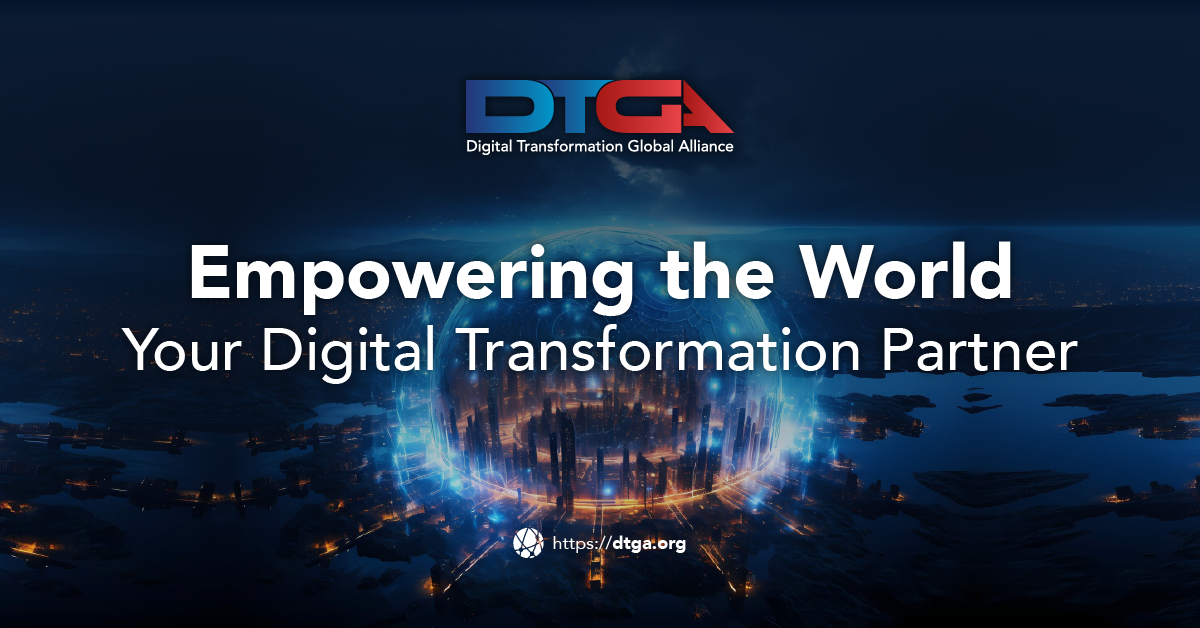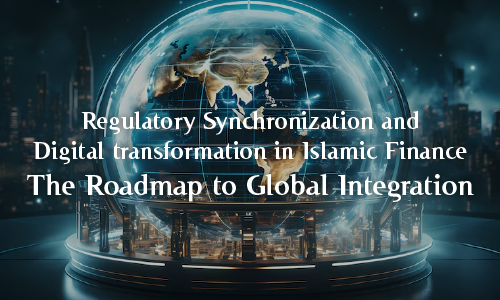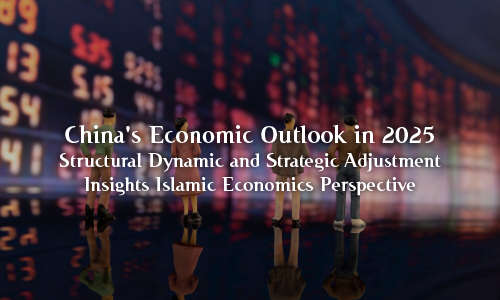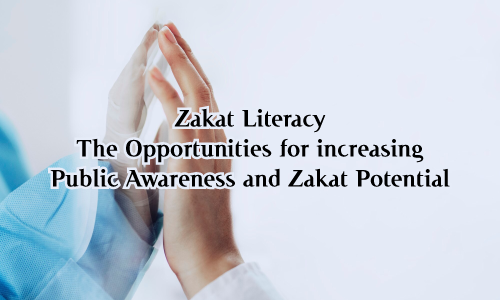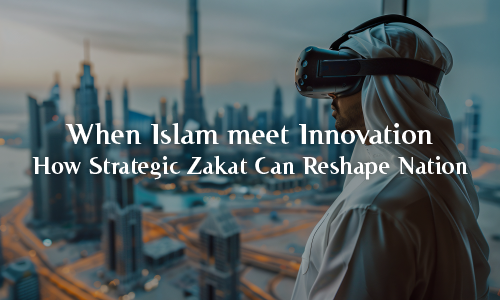
Summary: The global halal industry continues to experience rapid growth, driven by increasing awareness among Muslim consumers and the integration of digital technologies. With global Muslim consumer spending reaching approximately US$2.29 trillion in 2022 and projected to increase to US$3.1 trillion by 2027, the industry presents significant potential for expansion. However, despite having the world’s largest Muslim population, Indonesia faces challenges in becoming a global leader in the halal sector. This paper examines the digital transformation of the halal industry, the challenges it encounters, and strategic approaches to enhance its competitiveness on the global stage.
Introduction
The advancement of the digital economy has significantly influenced various industries, including the halal sector, by presenting both opportunities and challenges. The rising demand for halal products and services has necessitated greater attention from governments, businesses, and consumers concerning halal certification, digital commerce, and financial inclusivity. With an increasing Muslim population worldwide, there has been an escalating need for products and services that adhere to Islamic principles, thereby fostering growth in the halal economy.
Despite being one of the largest consumers of halal goods, Indonesia has yet to establish itself as a dominant global exporter or a leading hub for halal products. Several factors contribute to this, including inadequate infrastructure, inconsistencies in halal certification standards, and limited technological adoption. The absence of a globally recognized halal certification framework also poses significant challenges for Indonesian businesses seeking to expand internationally. Countries such as Malaysia and the United Arab Emirates have successfully positioned themselves as global leaders in the…


